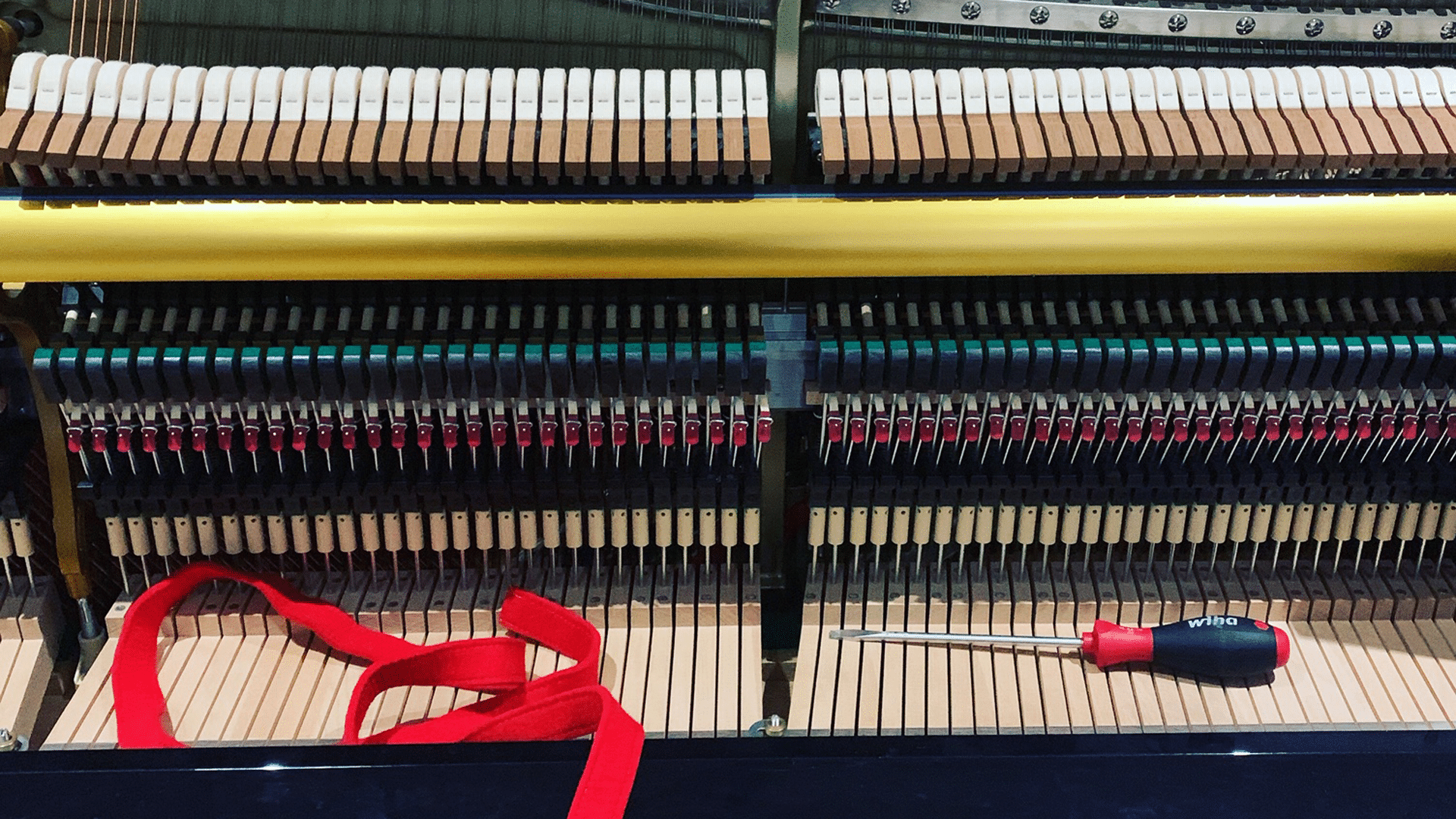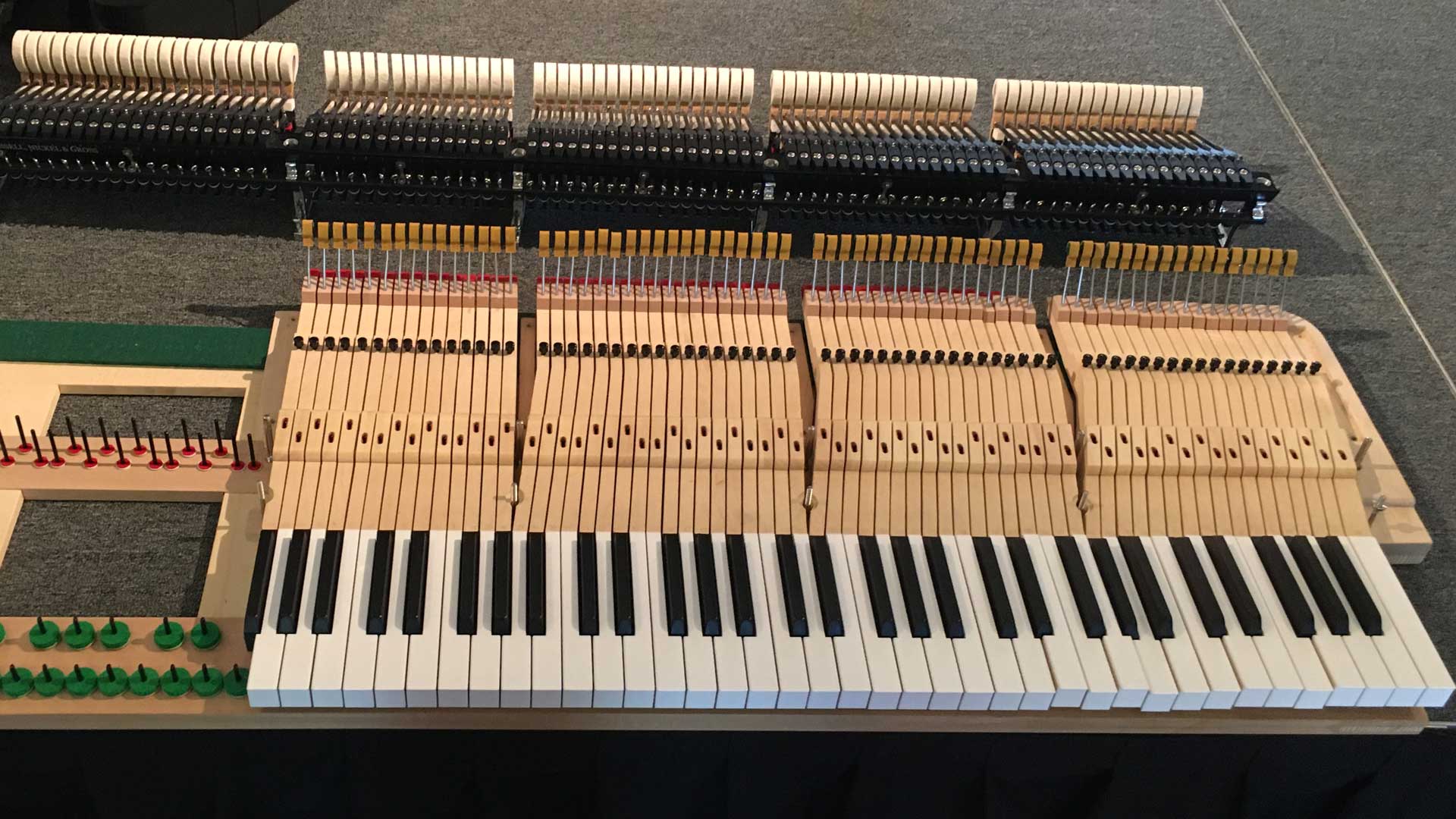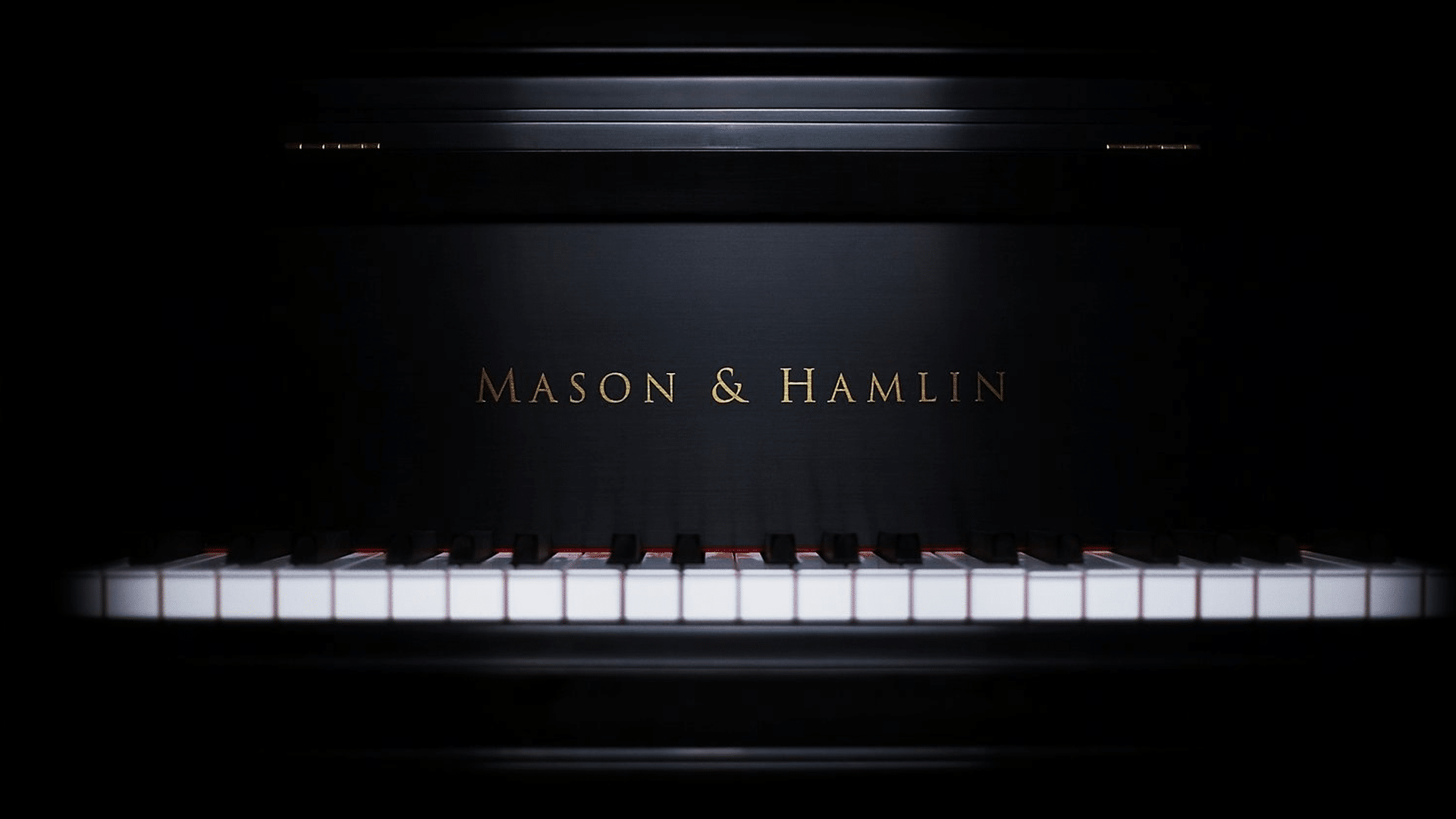A piano is a complex instrument and most piano owners do not understand the working mechanism of such. There are a few pianists with knowledge of how the piano works and have an understanding of the maintenance required for their instrument, however the majority don’t and therefore have no understanding of the potential of their instrument nor have been educated in its maintenance. Fortunately there is now a lot of information on the internet but who really has the time to perform all this research?
The piano can be one of the most expensive purchases in your home. A quality piano can cost the same amount as a car and just like your car, it will require maintenance to keep it operating at its potential. The motorist knows that the car will not operate without petrol, and after a while the performance decreases and you notice that when you overtake a truck or drive up a hill the car just doesn’t perform like it used to. Time for a service! The same goes with pianos, everyone knows that it requires tuning regularly but what about the performance of the mechanism or the quality of the overall sound, do they think about maintenance?
So what is going on inside your instrument? The piano is a musical instrument as well as a complex mechanism with thousands of parts all designed to operate to transfer the musicians touch to sound. The pianist depresses a key and the action through the wippen, pushes the hammer to strike the string. Simple? Not really!
There are over 25 adjustments per note that can be undertaken when, through felt compression, humidity changes, and wear, the mechanism slowly loses its ability to performs at its potential. The mechanism will slowly become more difficult to trill or to repeat quickly or the keyboard may feel heavier to depress. Playing fortissimo will be easy however pianissimo will be more difficult or sometimes impossible because the fine adjustments are not fine any more, or because the hammers have become harder from striking the string so many times. In new or restored piano, this may happen more quickly as the newer felt within the mechanism compresses, which is something that is not always understood.
The piano owner will call for the piano tuner to come and tune the piano because available literature and the salesman advice on piano maintenance states that the piano should be tuned at least once a year. Unfortunately the pianist does not realise that tuning will not solve these problems. The tuner will come and tune the piano, which is just basically tightening the strings to attain the correct pitch. How will the performance of the piano be better after this work? Normally, the same problems will still be there until the tuner advises that more work is required or the pianist complains. This is generally a number of years later after the piano is totally unresponsive and so difficult to play.
I saw this scenario only a few weeks ago. I was asked to tune the piano and the pianist asked me what was wrong with the performance of the mechanism. This piano had been tuned by the same technician for the past 20 years and there had been no attempt to improve the playability of the instrument. The mechanism just didn’t work and was incapable of playing “Hot Cross Buns” without the hammers bubbling out of control. I answered the question simply “the piano has been regularly tuned however it appears no maintenance has been performed.” The difficult part of this scenario was that the piano owner had the piano tuned every year as per the advice given by the industry.
If you contact piano technicians and ask for a tuning, that is generally what you get. The piano is tuned. The instrument may now be at pitch, but will it be easier to play? Will it sound any better? Not always. I believe that tuning is just the start of the service process, just like the petrol in your car. There is more to the process than just tuning, and a piano can be more enjoyable to play and sound better with a little maintenance every time it is tuned. Generally these adjustments can be performed in around 15 minutes, and I have always included it as part of my routine service.
Is it acceptable to allow an instrument to slowly deteriorate in performance or is it better to proactively do what is necessary each time the piano is tuned to ensure that the piano will sound at its best until the time it needs rebuilding? I provide a service to ensure that I deliver the best to all my customers regardless of whether it is a first piano or a concert piano.



